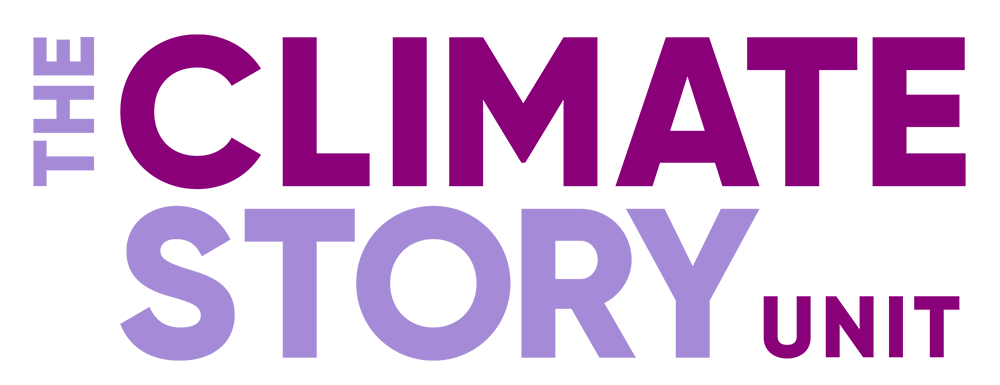Director
Pankaj Johar
Doc Society Support
Impact campaign support
The film is the story of struggle for justice of Cecilia Hasda, a tribal woman from West Bengal-India, whose daughter is trafficked and found dead in New Delhi.
In a country where thousands of tribal children get trafficked every year to cities and many never found, Cecilia decides to fight for justice for her daughter with the help of her employers Pankaj and Sunaina. As the trio battle corruption at all levels, they find themselves navigating a complex network of cops, traffickers, judges, lawyers, villagers and family members. When Cecilia’s husband is kidnapped and her two sons are forced to leave the village, Cecilia begins to lose all hope. Multiple court hearings happen but the odds are weighed heavily against Cecilia as the investigating officer gives statements favouring the trafficker in the court. Disappointed with the whole judicial system, Cecilia seriously begins to consider out of court settlement.
“Cecilia” is the story of struggle for justice of Cecilia Hasda, a tribal woman from West Bengal-India, whose 14 year old daughter Mati is trafficked and found dead in New Delhi. Tragically, Cecilia has to pay with her own life after justice remains elusive even after two years. The 84 minute documentary has a personal narrative and is a first person account of the director who hired Cecilia as a housekeeper from a placement agency. When Pankaj and Sunaina (the director and his wife) got married, they decided to hire a maid for household work. They approached a placement agency in Delhi that provided domestic helps and hired Cecilia by paying a one-time commission as was the norm. Four months later, Cecilia gets a call that her daughter, Mati, has been found dead in a house in Delhi where she was working.
Cecilia’s daughter was studying in a school when she left for Delhi, so she thinks this to be some kind of a prank. It is only later that it becomes apparent that her daughter had been trafficked and put to work in a house. In a country where thousands of tribal children get trafficked every year to cities and many never found, Cecilia decides to fight for justice for her daughter with the help of her employers. As the three battle corruption at all levels, they find themselves navigating a complex network of cops, traffickers, judges, lawyers, villagers and family members.
Cecilia faces strong opposition from her own relatives and villagers who under the influence of the trafficker, urge her to take money and drop the case. When she refuses to do so, her husband goes missing from the village and her two sons are forced to leave their homes. Meanwhile after studying the case file, Cecilia’s lawyer tells her that the odds are stacked against them since the investigating officer has prepared the case in a way that directly benefits the trafficker.
Sunaina and Pankaj accompany Cecilia to her village in Bengal to try and trace her husband but their efforts prove futile. In the middle of all this, Cecilia’s husband appears at the Magistrate’s office and gives a statement that he was not kidnapped but went with the trafficker on his own. With each unsuccessful court hearing, and this new development, Cecilia seriously begins to consider out of court settlement. Eventually, she takes money and withdraws the case. Soon after this, Cecilia’s husband is back in the village. Cecilia decides to go back as well and start a new life with the money that she has received. But once there, Cecilia is made to apologise to the villagers for mentioning them in the police complaint.
Outreach Campaign
To state broadly, our outreach campaign's objective is to make people in India understand the enormity of the problem that child trafficking is and to help create an atmosphere where traffickers are brought to book and given harshest of punishments, which act as a deterrent for other traffickers.
Watch Trailer
Subjects
Human Rights Society
Gallery











